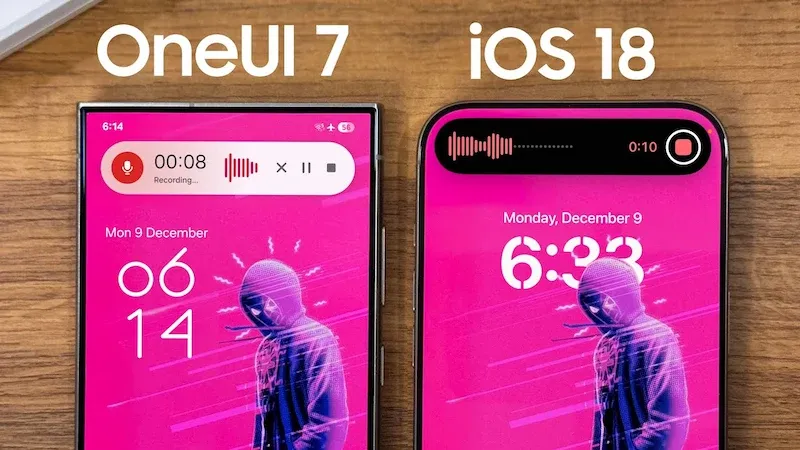Every new iOS update can make an older iPhone feel sluggish. While upgrading to the latest model is tempting, you can extend your device’s life with a few simple tweaks. Here’s how to optimize your iPhone’s performance and keep it running smoothly.
How to Revitalize Your Old iPhone: 8 Essential Steps After New iOS Updates
1. Remove Unused Apps and Widgets
Over time, unused apps take up storage and run background processes that slow your device down. Regularly review and delete apps you no longer need by going to Settings > General > iPhone Storage.
Widgets, while useful, can also drain battery life and reduce performance. Keep only the essential ones to free up system resources.
2. Free Up Storage with iCloud
A cluttered iPhone can slow things down. Uploading photos and videos to iCloud helps free up local storage. Enable Optimize iPhone Storage in Settings > Photos to store smaller file versions on your device while keeping full-resolution copies in the cloud.
3. Clear Safari Data
Web browsing accumulates cache, cookies, and history, making Safari sluggish. Regularly clear this data by going to Settings > Safari > Clear History and Website Data to improve browsing speed and free up storage.
4. Reduce Motion and Transparency
Animations and visual effects can tax older processors. To speed things up, go to Settings > Accessibility > Motion and enable Reduce Motion. Also, enable Reduce Transparency in Settings > Accessibility > Display & Text Size to improve responsiveness.
5. Turn Off Automatic App Downloads
Automatic updates and downloads can drain resources. Disable them in Settings > App Store under Automatic Downloads to take control of when and which apps update.
6. Disable Background App Refresh
Many apps update in the background, consuming power and slowing performance. Turn off Background App Refresh for non-essential apps in Settings > General > Background App Refresh to preserve resources.
7. Replace the Battery
A worn-out battery can cause unexpected shutdowns and performance issues. If your iPhone struggles to last a full day, check Battery Health in Settings > Battery. Replacing the battery can dramatically improve speed and longevity.
8. Use Low Power Mode Wisely
While Low Power Mode extends battery life, it reduces performance by limiting background activity. Use it only when necessary, rather than keeping it on all the time.
Your iPhone doesn’t have to feel outdated just because it’s a few years old. With smart storage management, reduced background activity, and a fresh battery, you can keep your device running smoothly for years to come.

















